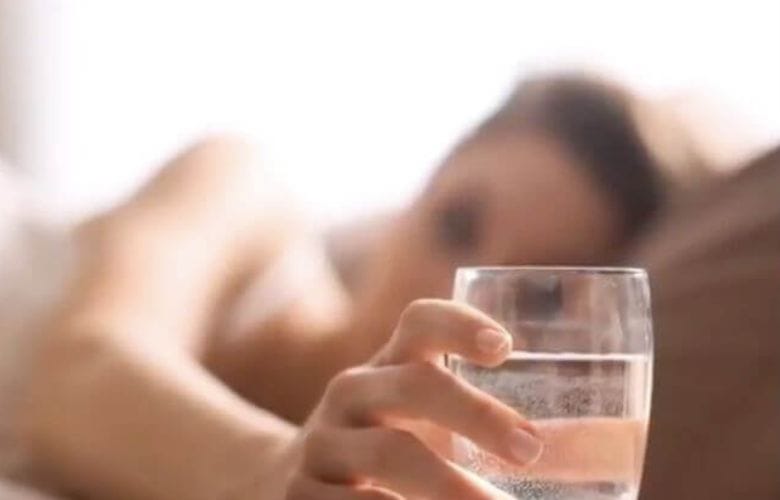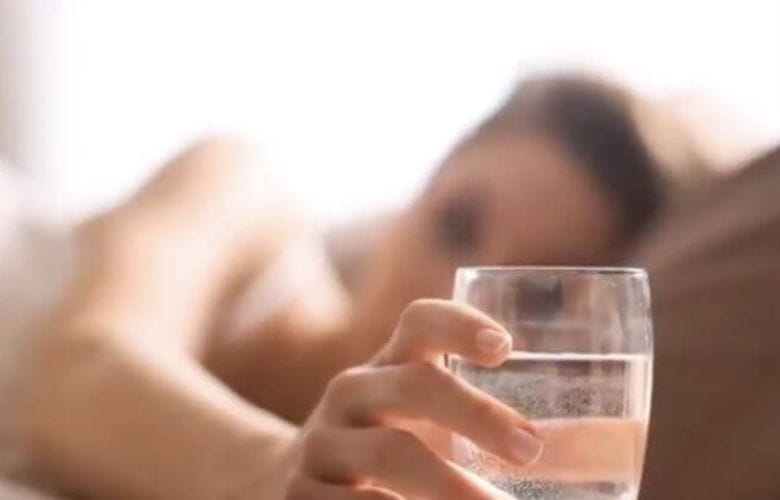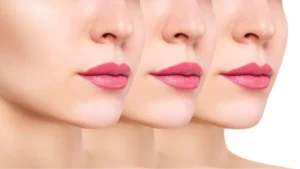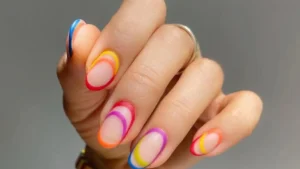Waking up in the middle of the night, desperate for a glass of water, can be frustrating and disruptive. You finally drifted off to sleep, only to find yourself wide awake with an unquenchable thirst. If this sounds familiar, you’re not alone. Many people experience nighttime thirst, but understanding the reasons behind it and taking simple steps can help you avoid those late-night water breaks and get a better night’s sleep.nighttime thirst
In this article, we’ll explore common causes of nighttime thirst and provide practical solutions to keep you hydrated and comfortable until morning.
1. Dehydration from Not Drinking Enough During the Day
One of the simplest yet most common reasons for nighttime thirst is not drinking enough water throughout the day. When we don’t stay hydrated during waking hours, our bodies often signal for fluids when we’re resting, leading to a dry mouth and that nagging thirst at night.
Solution:
To prevent dehydration at night, start by increasing your water intake during the day. Aim to drink consistently and steadily rather than downing large amounts all at once, which can help avoid unnecessary bathroom trips. Try to have a glass of water an hour before bed to maintain hydration without feeling the urge to wake up in the middle of the night for a drink.
2. Eating Salty or Spicy Foods in the Evening
Salty and spicy foods can dehydrate the body, and when eaten in the evening, they often lead to increased thirst during the night. Salt, in particular, pulls water out of cells, creating an imbalance that your body works to correct by making you feel thirsty. Similarly, spicy foods can lead to dry mouth or sweating, which also heightens your need for water.
Solution:
For evening meals, try to choose foods with lower sodium content and avoid heavily spiced dishes right before bed. If you do indulge in saltier foods, balance them with hydrating foods like fruits and vegetables, which have a high water content and can help prevent dehydration.
3. Dry Indoor Air
The air quality in your home, especially in your bedroom, can also contribute to nighttime thirst. Many homes have drier air due to heating systems in the winter or air conditioning in warmer months. This dry air can lead to a parched mouth and throat, increasing the likelihood of nighttime thirst.
Solution:
Consider adding a humidifier to your bedroom to maintain moisture in the air. Keeping the room at a comfortable humidity level can make a big difference, especially if you wake up with a dry mouth. If you don’t have a humidifier, placing a bowl of water near a heat source or radiator can help add some moisture to the air.
4. Breathing Through Your Mouth While Sleeping
Many people unknowingly breathe through their mouths while they sleep. Mouth breathing can occur for various reasons, including nasal congestion, sleeping position, or simply out of habit. This can leave you waking up with a dry mouth and a need for water to soothe your throat.
Solution:
If you’re struggling with nasal congestion, try a saline rinse or nasal strips to help open up your nasal passages before bed. Some people also find that changing their sleeping position, such as using an extra pillow, can help prevent mouth breathing. For chronic mouth breathers, a healthcare professional can help identify the underlying causes and recommend treatments to improve airflow.
5. Consuming Alcohol or Caffeine in the Evening
Alcohol and caffeine are both diuretics, meaning they increase your body’s need for water and can lead to dehydration. Drinking them in the evening not only disrupts hydration but also interferes with sleep quality, making you more likely to wake up during the night, often feeling thirsty.
Solution:
Try to avoid caffeine after the early afternoon and limit alcohol intake in the evening. If you enjoy an evening drink, be mindful of the volume and balance it with water to avoid dehydration. Herbal teas or non-caffeinated beverages can be soothing alternatives that don’t contribute to nighttime thirst.

6. Medical Conditions Like Diabetes or Sleep Apnea
Sometimes, nighttime thirst is a symptom of a more significant health issue, such as diabetes or sleep apnea. Diabetes affects the body’s ability to regulate blood sugar, which can lead to increased thirst and frequent urination. Sleep apnea, a condition where breathing is interrupted during sleep, may also lead to dryness in the mouth and throat due to mouth breathing.
Solution:
If you find yourself frequently waking up thirsty along with other symptoms, such as frequent urination or interrupted breathing, it may be time to consult a healthcare provider. A doctor can help diagnose underlying conditions that could be contributing to your nighttime thirst and recommend effective treatments.
7. Side Effects of Certain Medications
Some medications have dry mouth as a side effect, which can make you feel thirsty at night. Common medications with this side effect include antihistamines, diuretics, and certain antidepressants. These medications can decrease saliva production, leaving your mouth feeling dry and prompting you to drink water more often.
Solution:
If you suspect your medication is causing nighttime thirst, talk to your healthcare provider. They may be able to recommend an alternative medication or suggest methods to manage the side effects, such as sucking on sugar-free lozenges, using a mouth rinse designed to alleviate dry mouth, or adjusting the timing of your dose.
Final Thoughts
Waking up thirsty in the middle of the night can be more than just an inconvenience—it can disrupt your sleep and affect your overall well-being. By understanding the common causes of nighttime thirst and making small adjustments, you can reduce or eliminate this problem, allowing you to enjoy uninterrupted rest.
Key Takeaway:
Nighttime thirst often stems from lifestyle choices, environmental factors, or specific health conditions. Identifying what triggers your nighttime thirst and taking simple steps can help you stay hydrated, improve your sleep quality, and make those nights of uninterrupted rest a reality.
Discover more trends:
- Natural Methods to Alleviate Anxiety
- Losing Weight: The Easy Trick of Drinking Water Prior to Eating
- Here are 7 sleep problems couples face and how to solve them
- Here are 7 sleep problems couples face and how to solve them
- Benefits of cold water for bathing and its benefits for hair, skin, and general health
- Hairstyles for Curly Hair: A Comprehensive Guide
- Follow us on Facebook
- Follow us on Pinterest
















